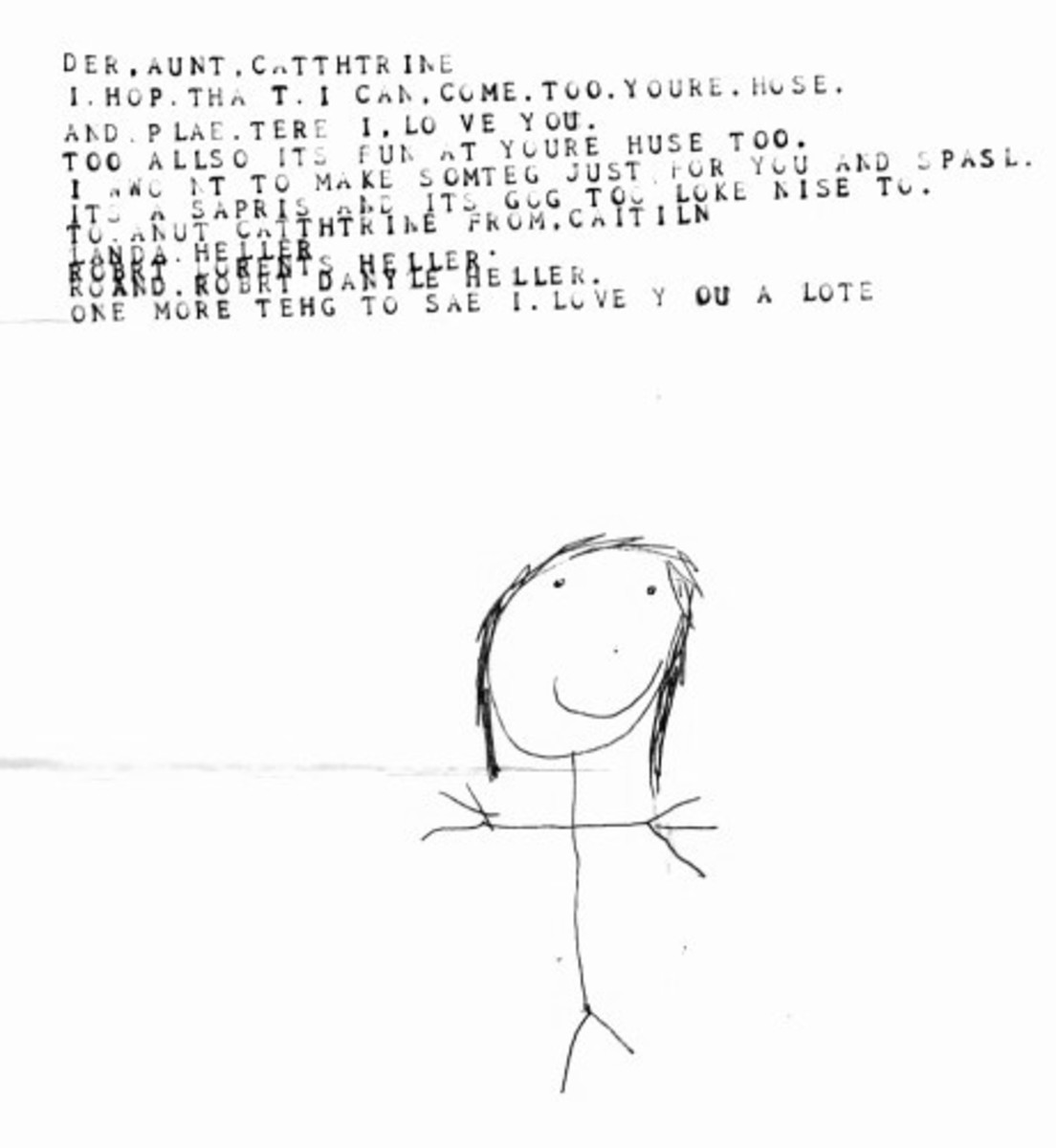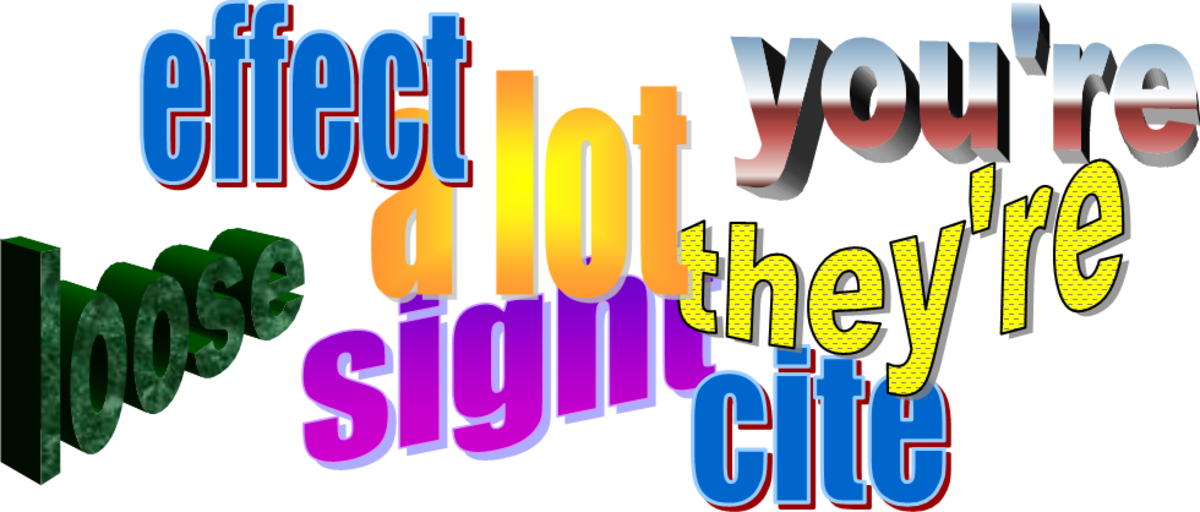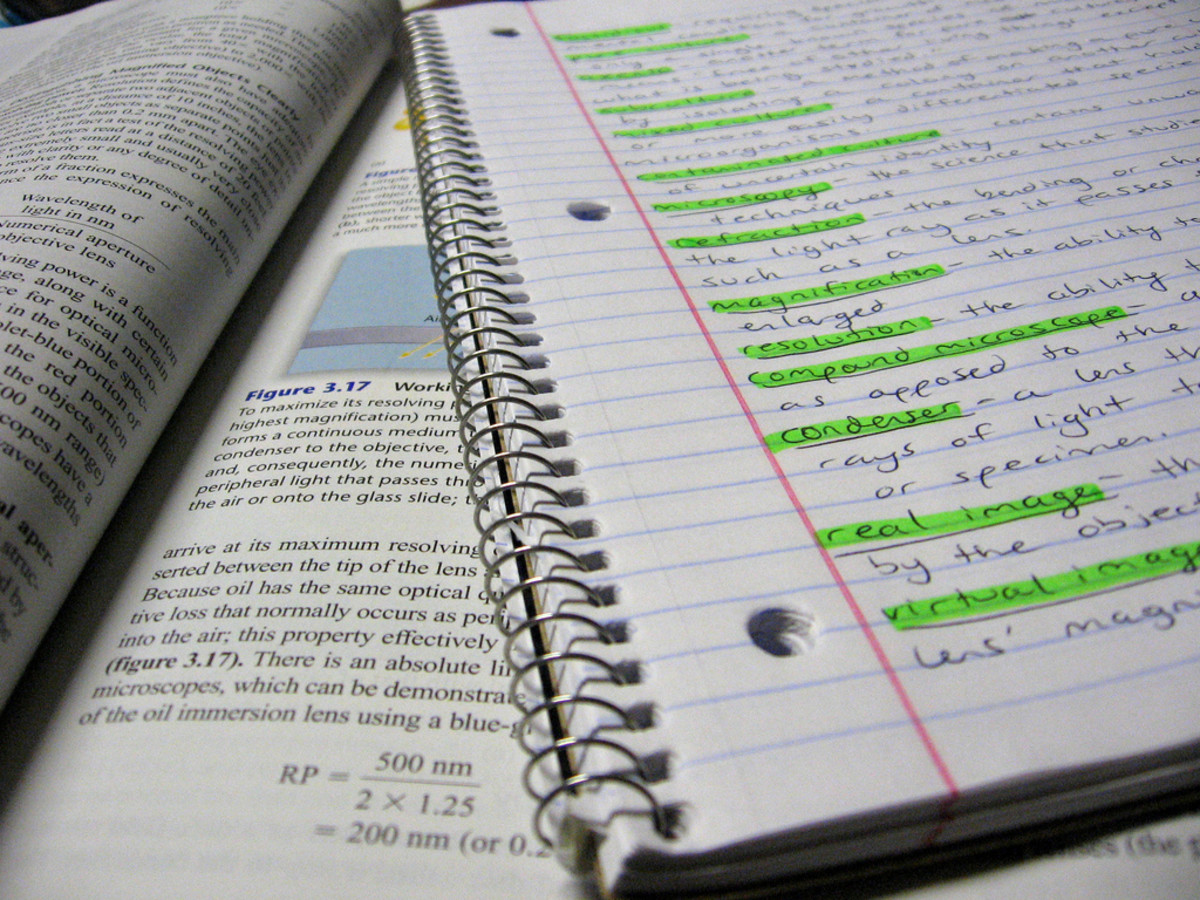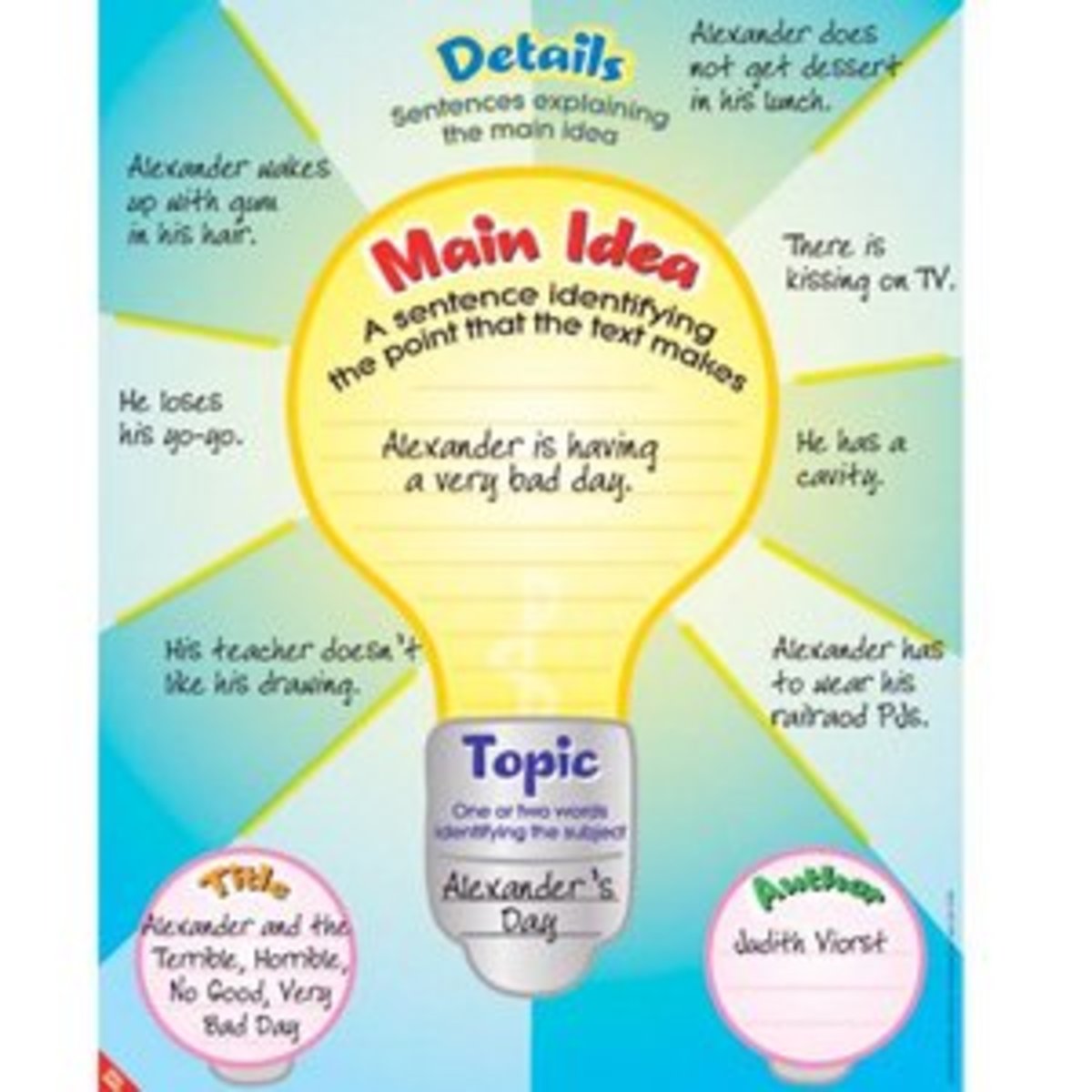How to Remember Hard to Spell Words
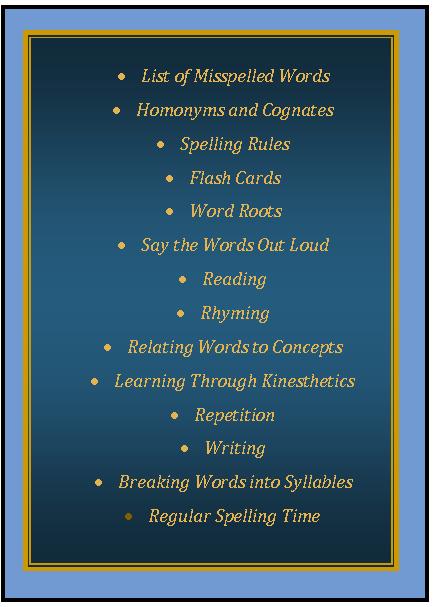
Plenty of people have a list of words that they find hard to spell. What makes English even more challenging is that some words are not pronounced like they are spelled and some word there are many words that sound alike but are spelled differently (homonyms). It all makes spelling of those difficult words seem like a guessing game. The good news is that, once you know which words give you the most trouble, there are several tricks that can help you remember how to spell them.
Lists of Most Commonly Misspelled Words
Start with a list of commonly misspelled words. Identify some of the words that are hard to spell and highlight them with a highlighter pen. Add to the list every time you run across a word that gives you trouble. These lists can be found on the internet.
Start with Simple Words
When studying a list of spelling words, start with the words you find easiest to spell. Practicing on the words with predictable letter patterns helps with learning to spell quicker than the hard words. Once you get a hang of the easier words, try associating those letter patterns with the harder words and see if you can start seeing patterns with your problem words.
Say the Words Out Loud
Say the words out loud, first the way they are normally pronounced, then sounding out the hard words the way they are spelled. Take the word Wednesday, for instance. It is pronounced wenz-day. Pronouncing like it is spelled looks more like Wed-nez-day. Pronouncing it both ways connects the word’s pronunciation with its spelling.
There is another version of “saying the words” trick. Repeat the words to a rhythm so that you hear the pattern to the words while you are seeing the spelling patterns.
Learning With Kinesthetics (Motion)
Practice large body movements while spelling words. Yeah, this is a sneaky way of getting a little exercise in too. But there is method to this madness as well. Combining specific spelling patterns (-tion, psych-, helio-, etc.) to specific body movements helps some people with the memorization process.
Learning Through Reading
One surefire method of remembering the hard words is by doing a lot of reading. Read books, magazine articles, and any other reading material that challenges your reading skills. Look up the meaning of any words you don’t understand. Also, read books and stories with the words on the student’s spelling list, pointing out the words, especially the hard words. Seeing the words within the context of sentences helps discern the meaning of the words, which, in the long run, helps with remembering the spelling.
Repetition
Don’t just spell the words on your hard words list once and then go on to the next word. With each word that gives you trouble, repeat the spelling out loud multiple times (3 to 5 times) each time you go through the list. This gives an auditory reinforcement of the spellings. Besides that, repetition makes the words familiar after a time.
Writing the Words
An alternate method to the repetition trick above is to write the words multiple times (3 to 5 times) for each word. This provides both a visual reinforcement as well as a tactile memory of how the word feels when it is written correctly. It’s a form of kinesthetic learning, where the fingers develop muscle memory.
Write Stories, Poems, or Song Lyrics
Use the hard words to write your own stories, poems or song lyrics. This is a fun way to start using these words in ways that are creatively inspiring.
Flash Cards
Create your own flash cards using unlined index cards (either 3x5 or 4x6). Write the hard word on one side. On the opposite side write the pronunciation, the word root, the definition, the word broken down into syllables, or use the word in a sentence. Or make it a combination of any of these elements.
Regular Spelling Time
Set up a regular study time every day, or 2 to 3 times a week. The regularity gets the mind ready to study spelling and sets a rhythm for learning that makes memorization a little easier. It also helps the brain learn these hard word a little at a time rather than waiting and trying to cram the day before a spelling test or spelling bee.
Break Down Into Syllables
Break the hard words down into syllables. Write it in syllables, look at the word as it is written in syllables, and say it syllable by syllable. Words like antidisestablishmentarianism (an-ti-dis-es-tab-lish-men-ta-ri-an-ism), when seen in smaller segments like this, help some people figure out the spelling. A variation of this is to break the word into prefix-word-suffix. So disestablisment becomes dis-establish-ment.
Word Roots (Language)
English has adapted many of its words from other languages. Certain languages have spelling rules that are unique to the language (Greek, Latin, Teutonic, etc.) that makes up the root of the word. Any words using the syllable psych- comes from the Greek language. If you hear a syllable that sounds like it has this syllable in it and you know that it has origins in the Greek language, this information can be used as an indicator of how to spell the word. This is where making regular use of the dictionary comes in handy, because the language root is part of each word’s description.
Find Similarities To Other Words
Check to see if the word has a similar spelling to other word – measure, treasure, pleasure, nation, ration, inspiration, perspiration, respiration. Break down the hard words list into separate lists such as an alphabetical list or a list of categories based on similar topic or concepts that your brain finds it easier to file away for future reference. Create a list of synonyms with the help of a dictionary and a thesaurus. Look for patterns between the word and its synonyms.
Draw a Picture
For those who like to draw or paint, make a picture of the word using whatever artistic means you enjoy. You can hide or incorporate the word in the picture or use the word as part of the picture’s title.
Check out this website for students, parents, and teachers to get extra help with spelling. The site has games and additional tips and tricks:
Spelling Help Online
http://www.spelling-help-online.com/correct_spelling_of_words.html
Resources
WikiHow. How to Learn to Remember Spellings of Words.
http://www.wikihow.com/Learn-to-Remember-Spellings-of-Words
Words, Words, Words. How to Memorize Hard to Spell Words.
http://www.wordskit.com/blog/uncategorized/how-to-memorize-hard-to-spell-words/
Tips for Reluctant Readers. Spelling Tricks.
http://tipsforreluctantreaders.weebly.com/spelling-tricks.html
Your Dictionary. Difficult Spelling Words.
http://grammar.yourdictionary.com/spelling-and-word-lists/Difficult-Spelling-Words.html

